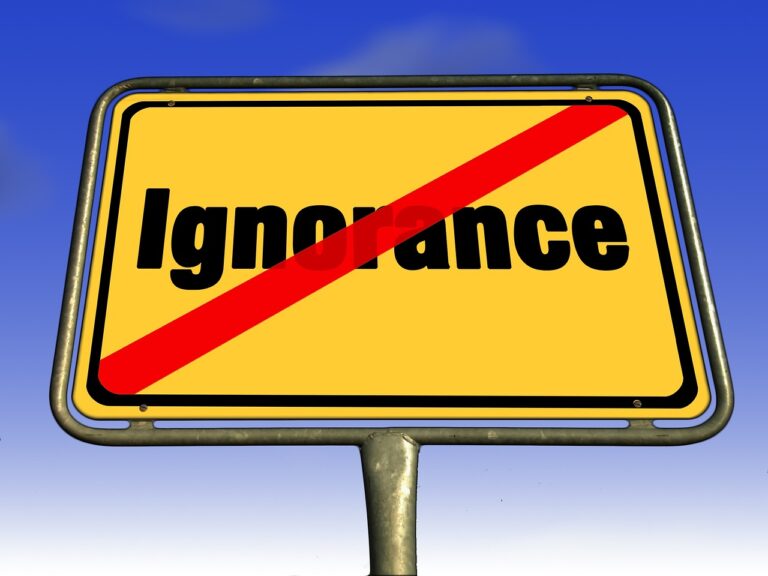The Influence of Social Media on Education
Social media platforms have become an integral part of our daily lives, offering a diverse range of features and functionalities. From the widely popular Facebook, which serves as a space for sharing updates and connecting with friends, to Instagram, known for its visual content and hashtag culture, each platform caters to different user preferences and interests. Twitter, with its character limit and real-time updates, is favored for quick information consumption and trending topics.
LinkedIn, primarily used for professional networking and job opportunities, allows individuals to showcase their skills and connect with industry professionals. TikTok, a video-sharing platform, has gained immense popularity among younger audiences for its short, engaging content. Snapchat, on the other hand, is known for its disappearing messages and filters, making it a favorite among teens for casual communication. YouTube stands out as a significant platform for long-form video content, offering a vast range of information and entertainment for users.
Benefits of Incorporating Social Media in Education
Social media in education facilitates enhanced communication between students and teachers. By utilizing platforms like Twitter and Facebook, educators can engage with their students in real-time, providing timely feedback and clarification on assignments. This instant communication helps to foster a more collaborative learning environment and enables students to feel more connected to their instructors.
Incorporating social media in education also encourages creative expression among students. Platforms like Instagram and YouTube provide new avenues for students to showcase their learning through multimedia projects. This not only allows for more personalized and engaging assignments but also helps students develop valuable digital literacy skills essential for success in the modern world.
• Social media in education facilitates enhanced communication between students and teachers.
• Educators can engage with their students in real-time, providing timely feedback and clarification on assignments.
• Instant communication helps to foster a more collaborative learning environment.
• Students feel more connected to their instructors.
• Incorporating social media in education encourages creative expression among students.
• Platforms like Instagram and YouTube provide new avenues for showcasing learning through multimedia projects.
• Allows for more personalized and engaging assignments.
• Helps students develop valuable digital literacy skills.
Challenges of Using Social Media in Educational Settings
One significant challenge faced when utilizing social media in educational settings is the potential for distraction. Students can easily get sidetracked by social media notifications, leading to a decrease in focus and productivity during learning activities. This distraction may hinder the overall effectiveness of incorporating social media as an educational tool.
Another obstacle is the issue of privacy and safety concerns associated with social media platforms. Educational institutions must ensure that students’ personal information remains secure and protected while using these platforms for learning purposes. It is essential to establish clear guidelines and regulations to safeguard students from potential online threats and privacy breaches that may arise from their interactions on social media.
What are some common social media platforms used in educational settings?
Some common social media platforms used in educational settings include Facebook, Twitter, Instagram, and LinkedIn.
How can social media be beneficial for education?
Social media can facilitate communication between students and teachers, provide a platform for collaboration and sharing of resources, and help engage students in interactive learning activities.
What are some challenges of using social media in educational settings?
Some challenges include issues of privacy and security, the potential for distraction in the classroom, and the need for educators to monitor and manage online interactions.
How can educators address the challenges of using social media in educational settings?
Educators can address these challenges by establishing clear guidelines for social media use, educating students about responsible online behavior, and implementing tools and strategies to ensure a safe and productive online learning environment.







